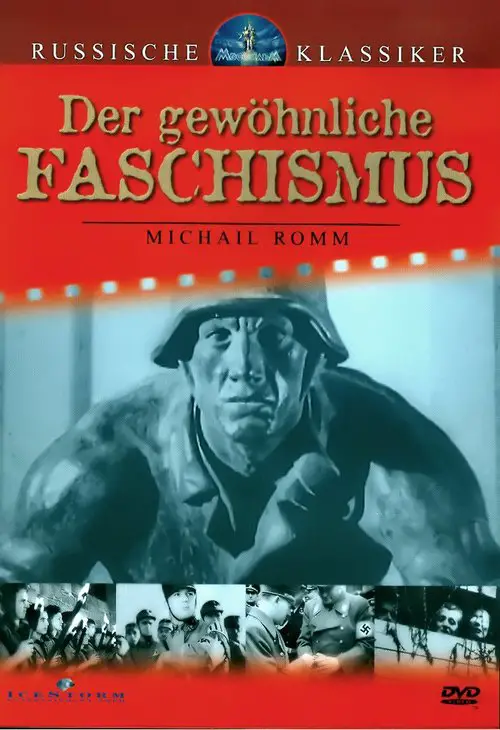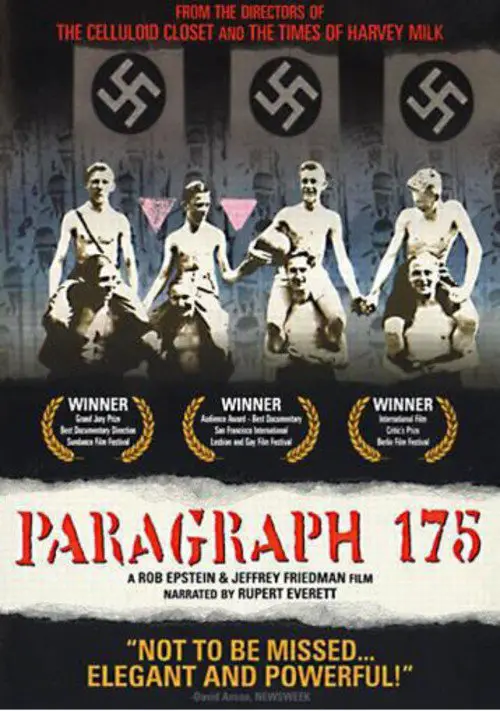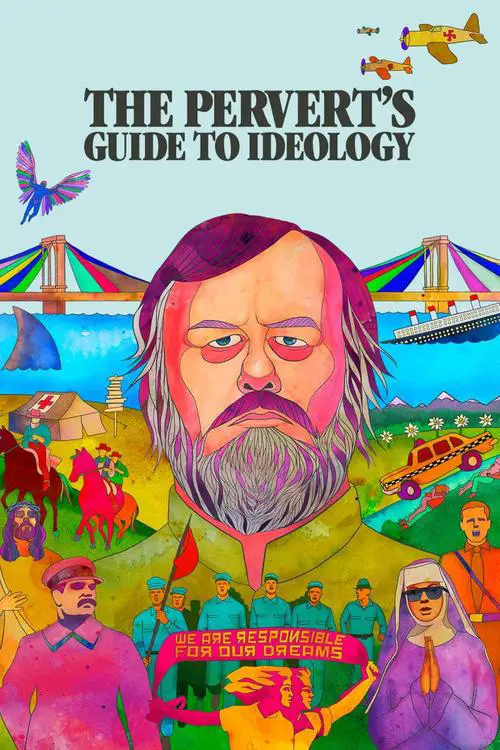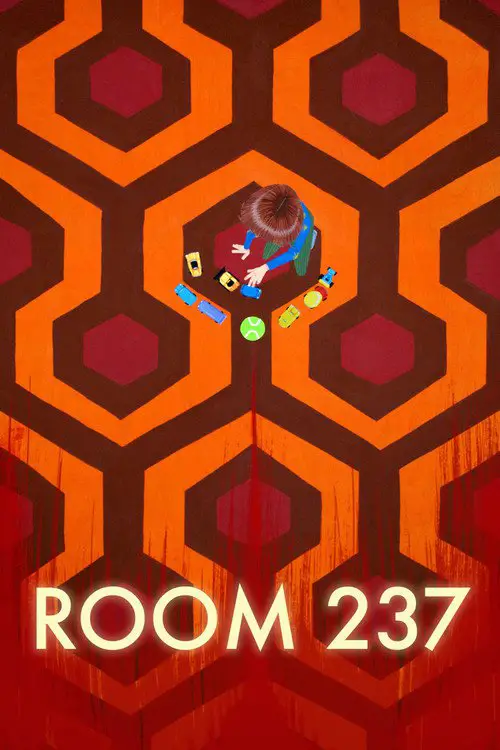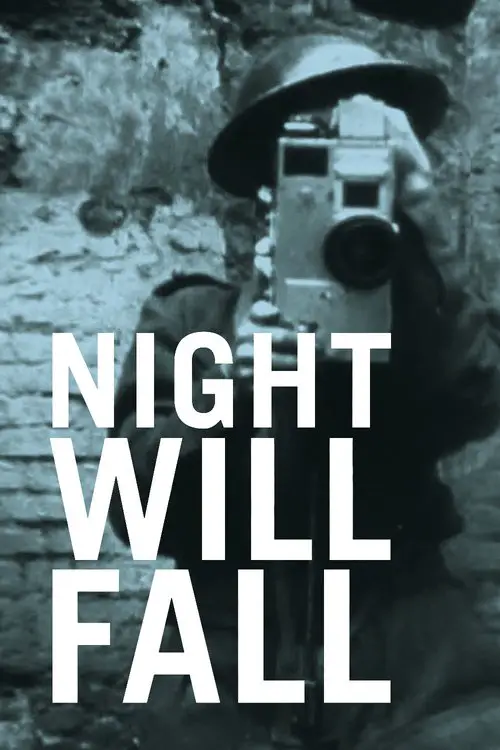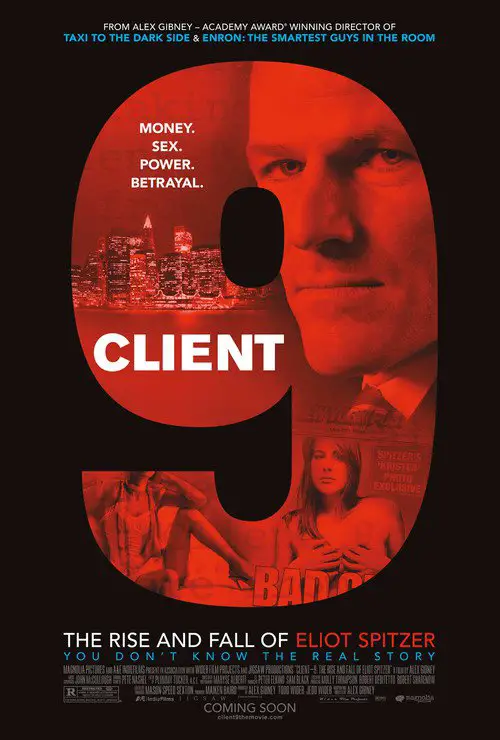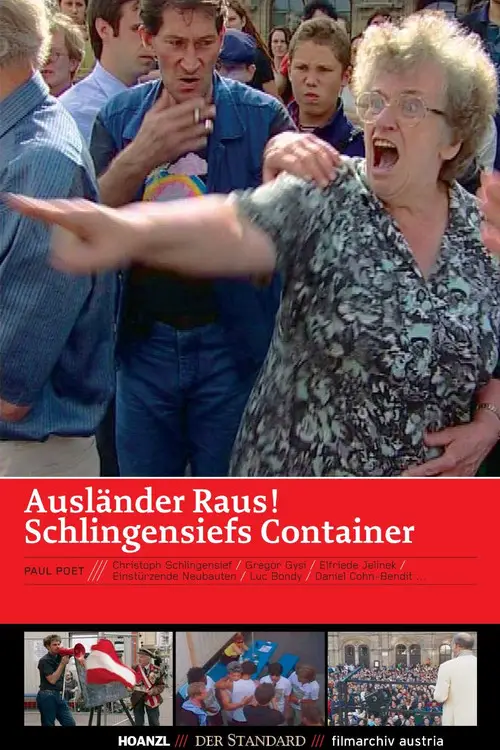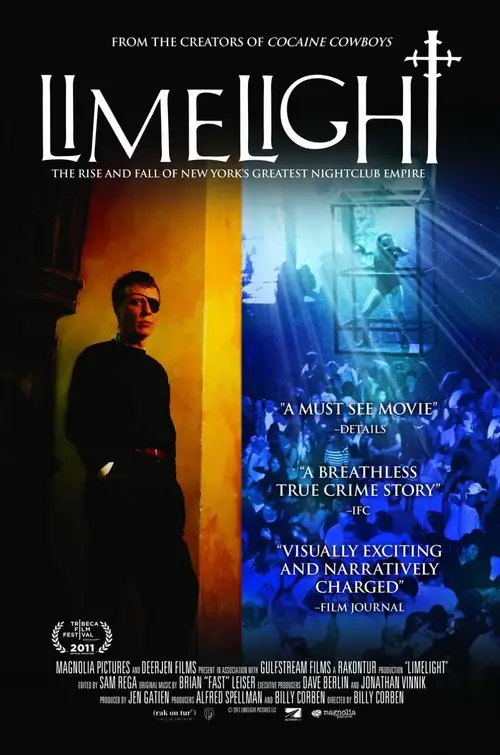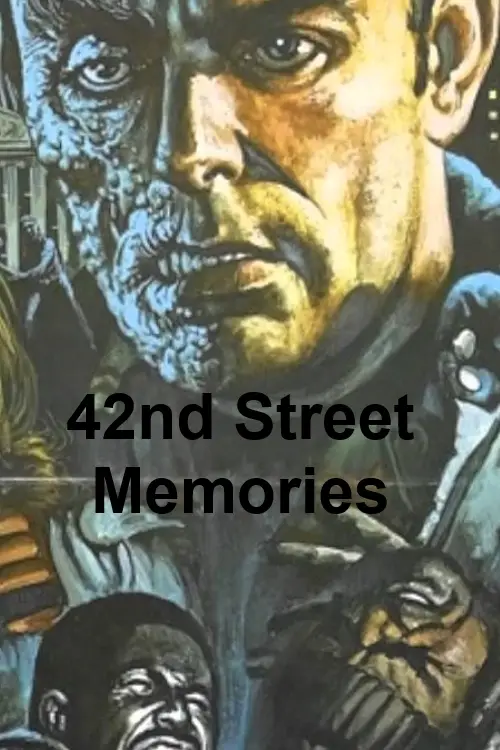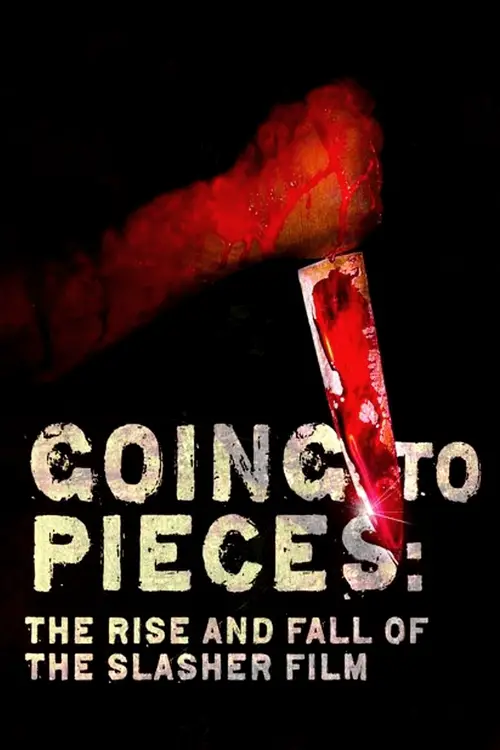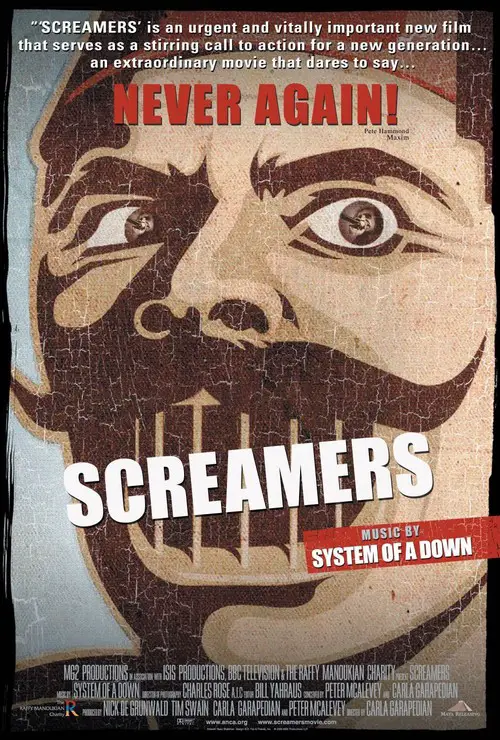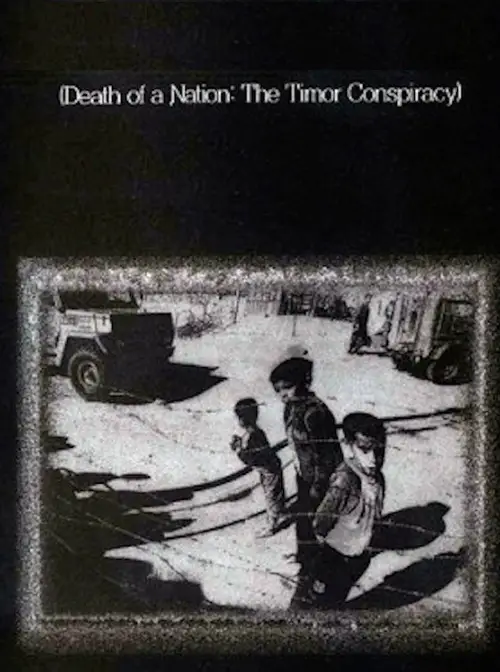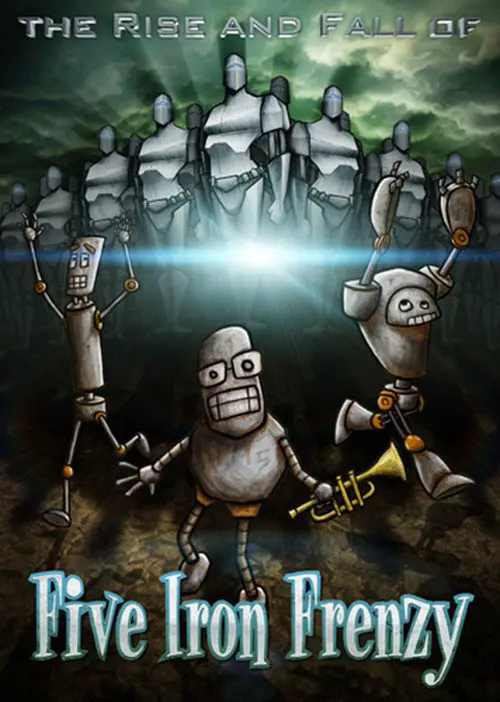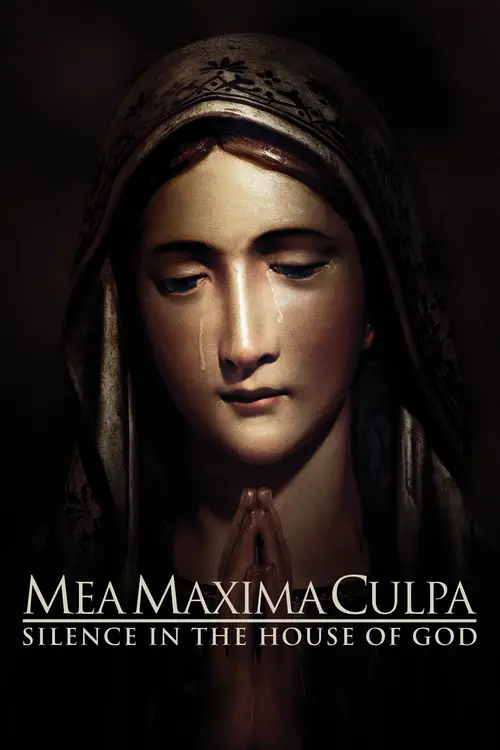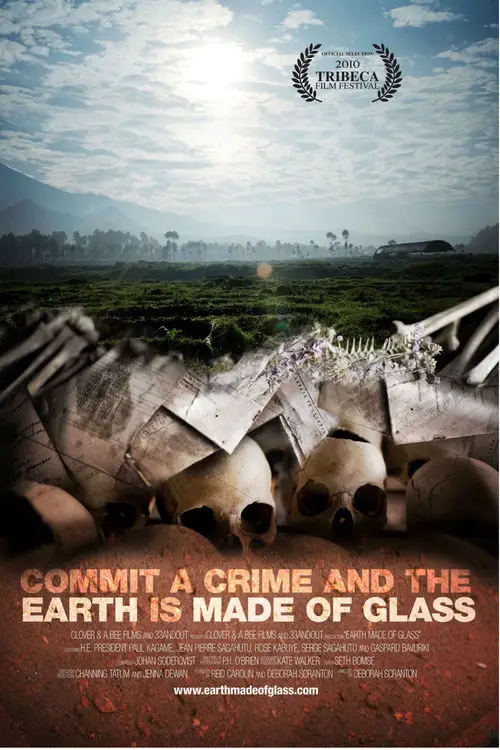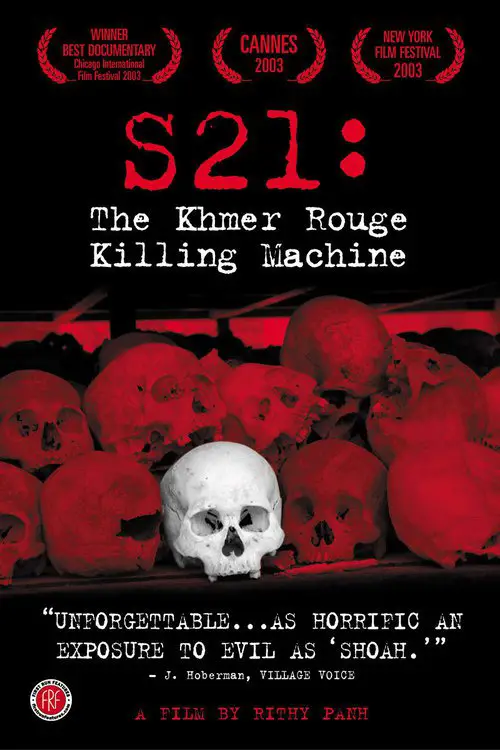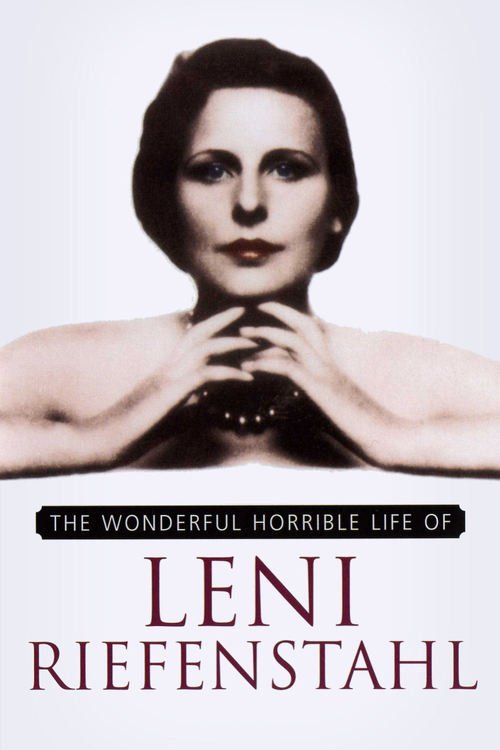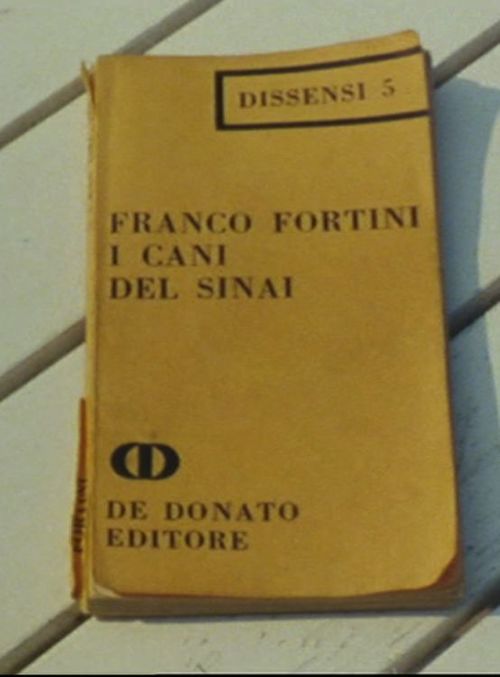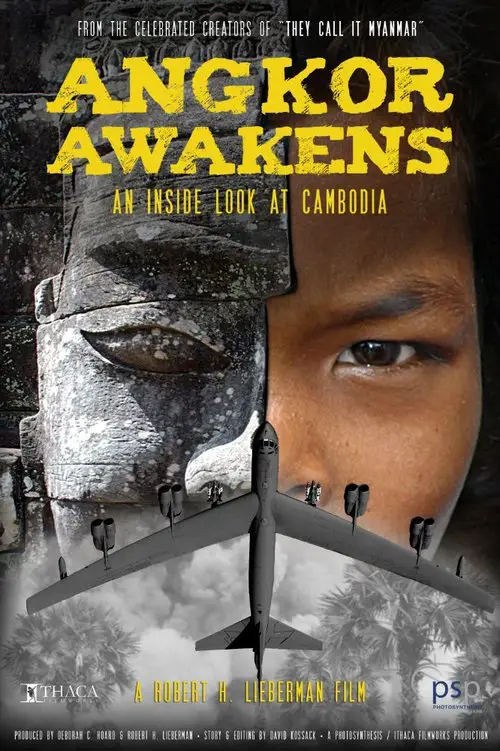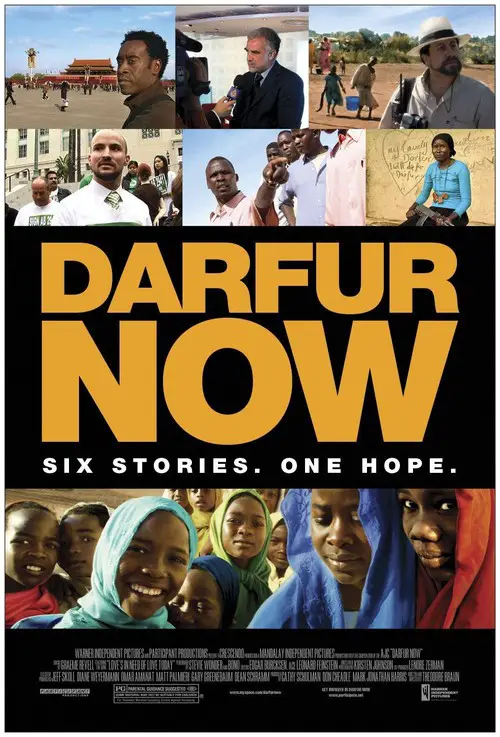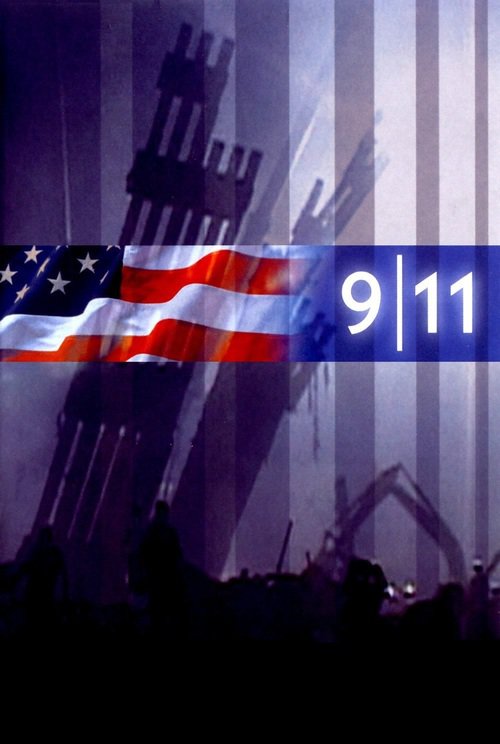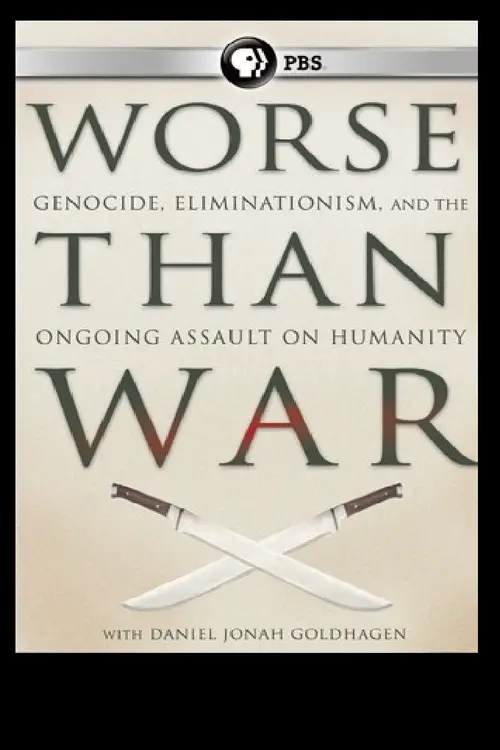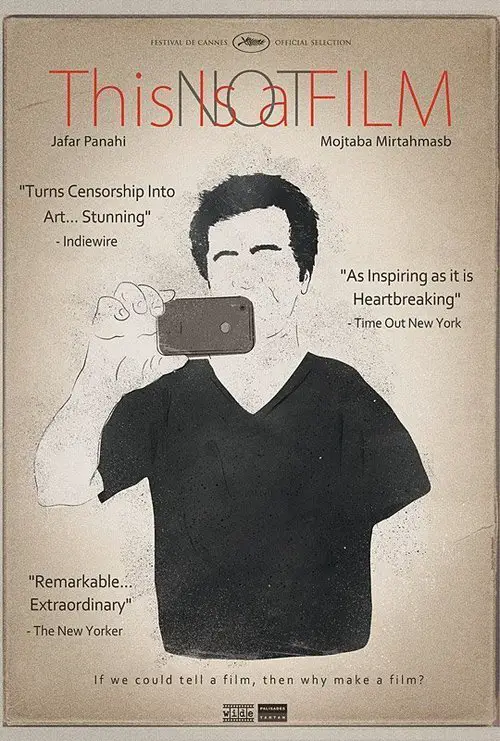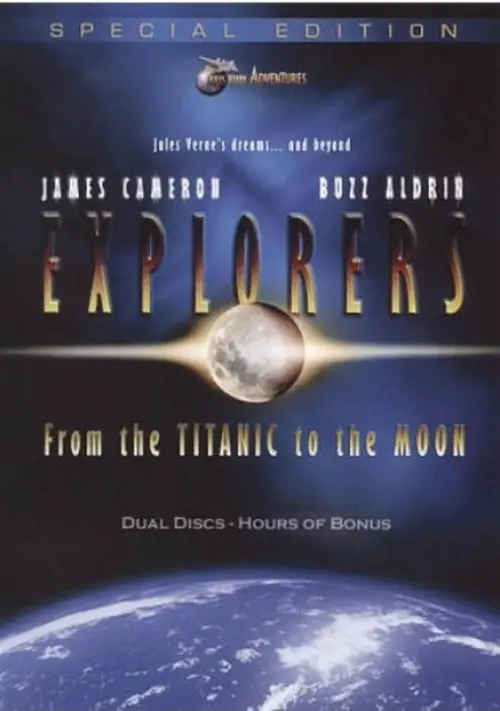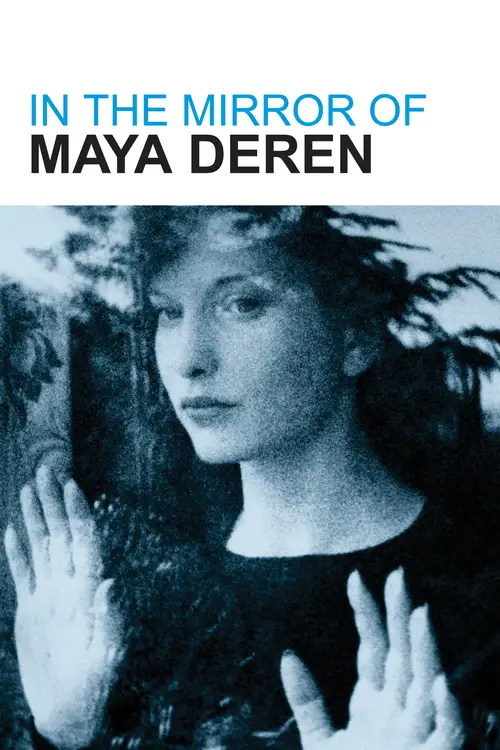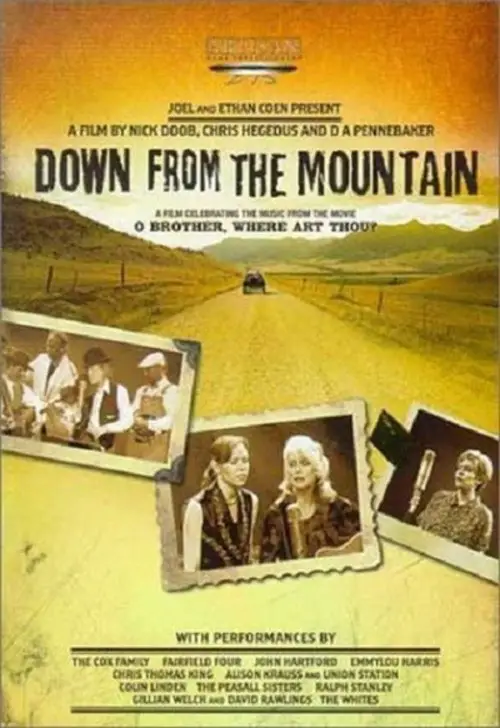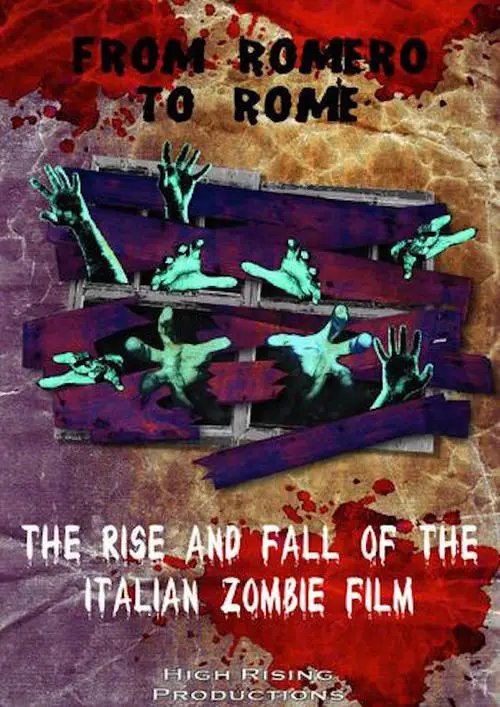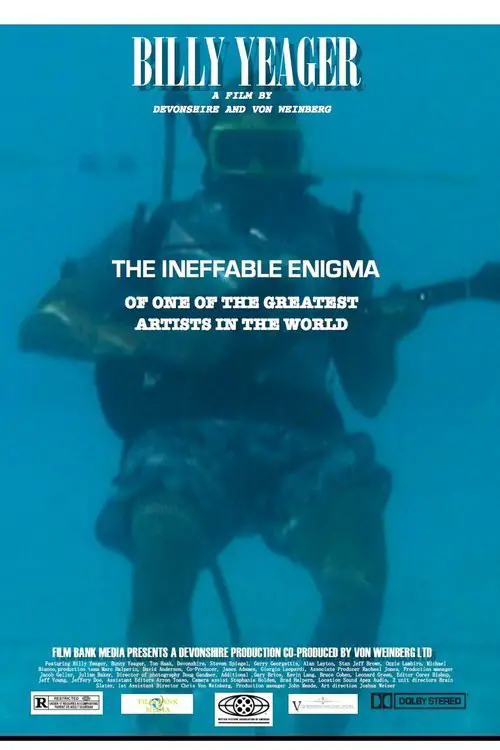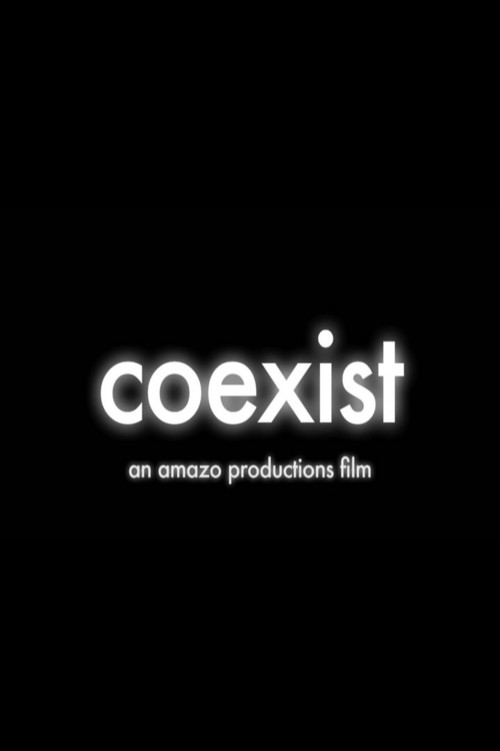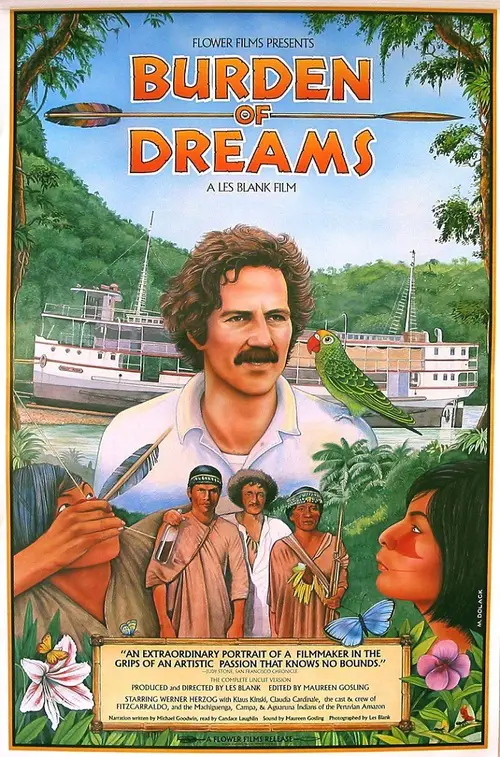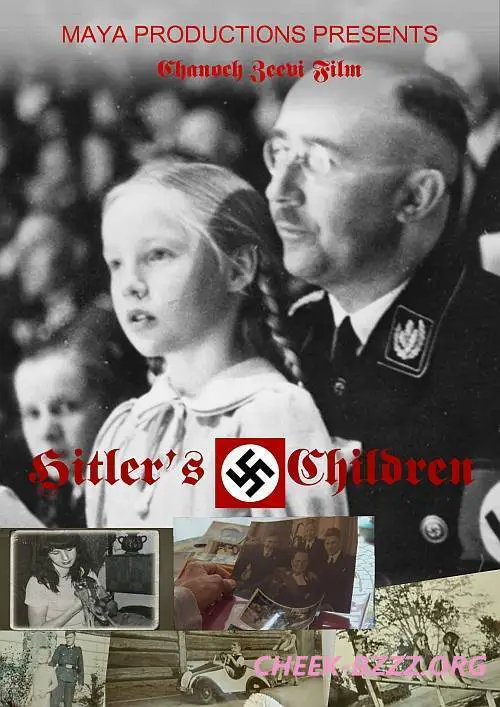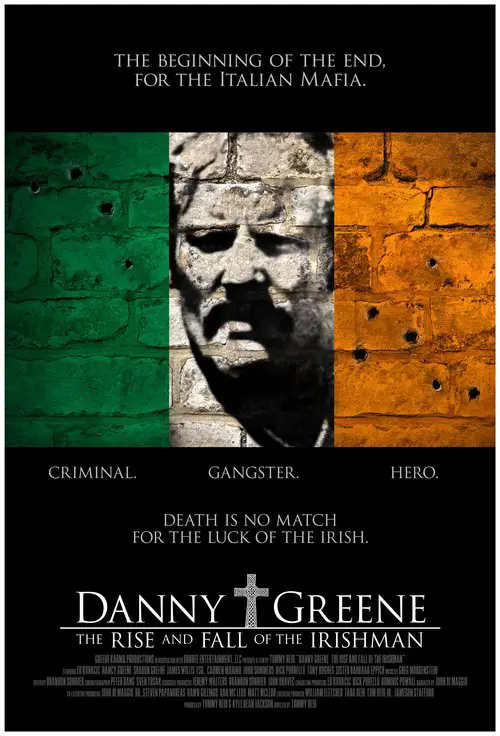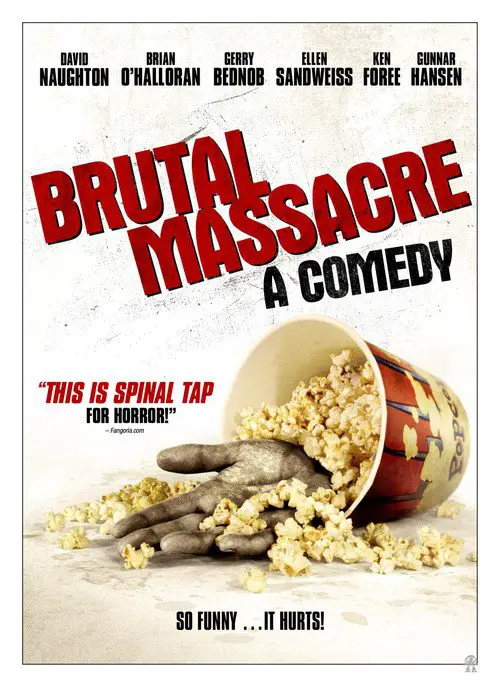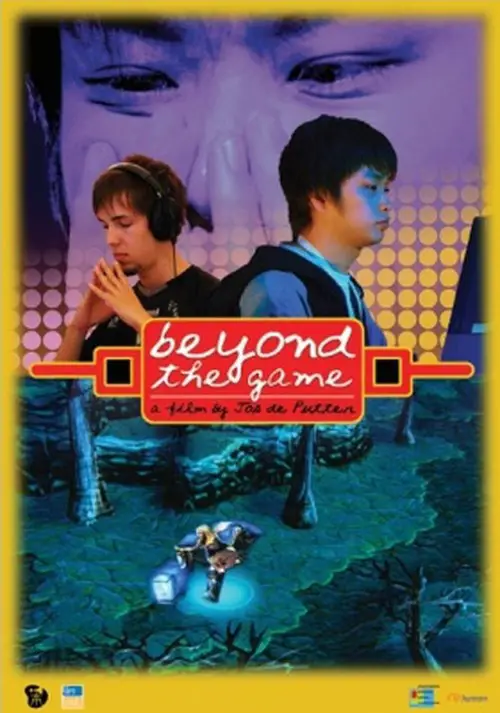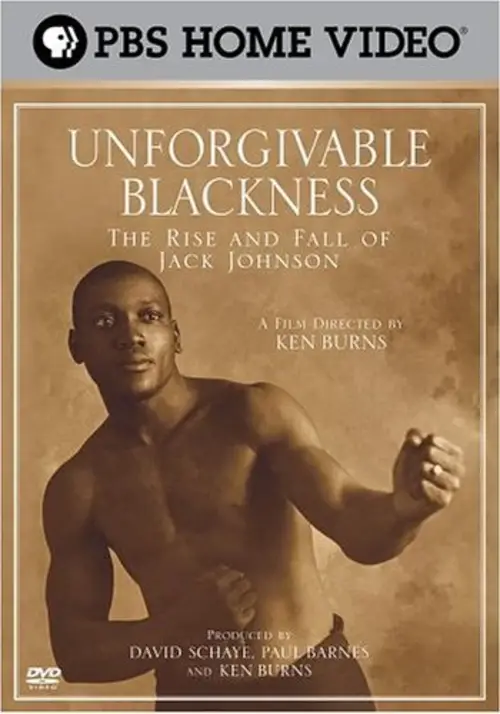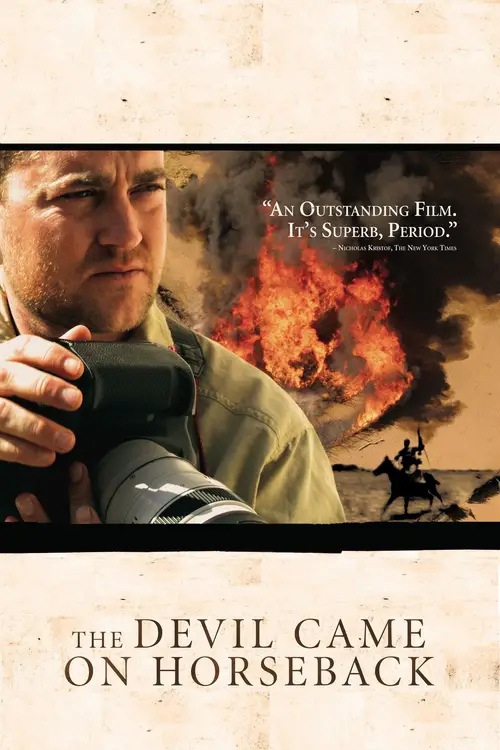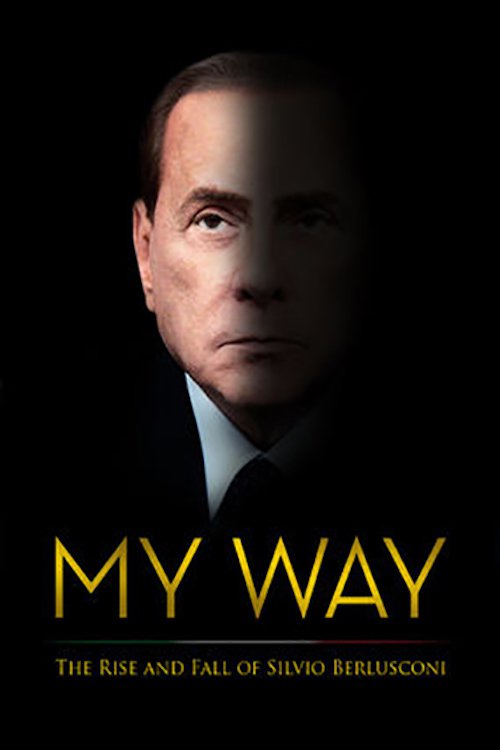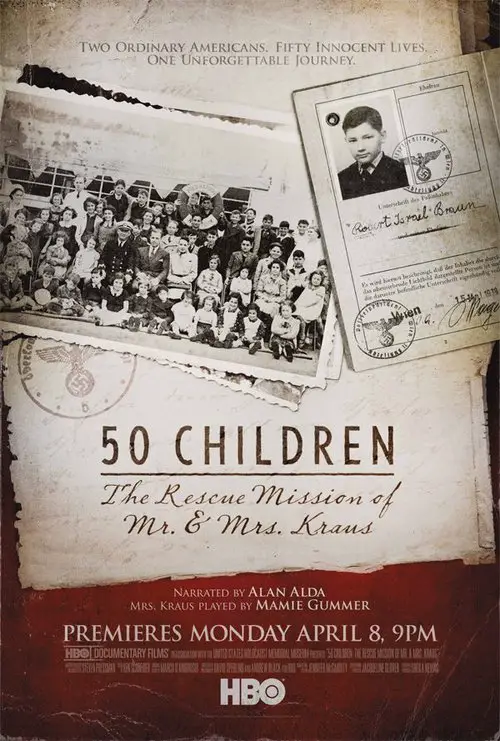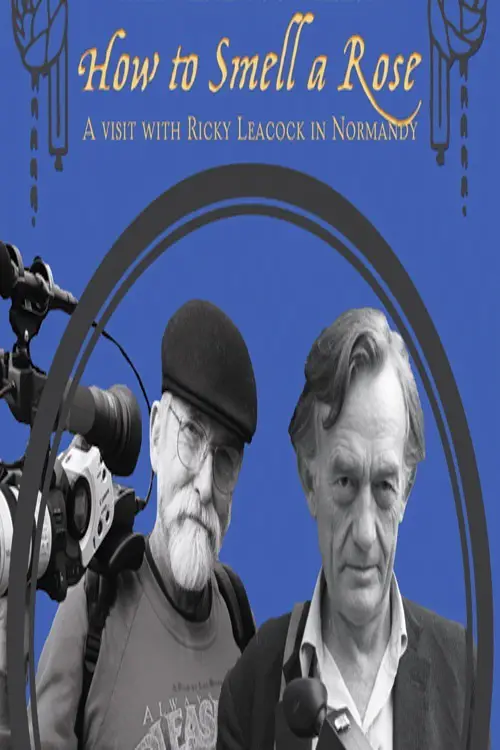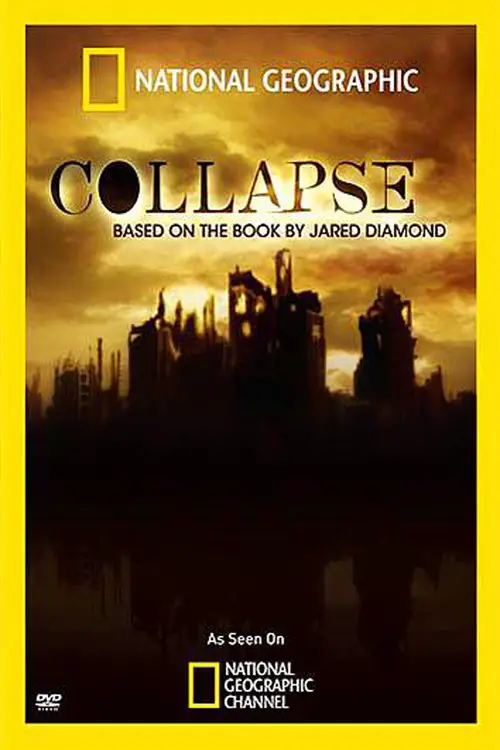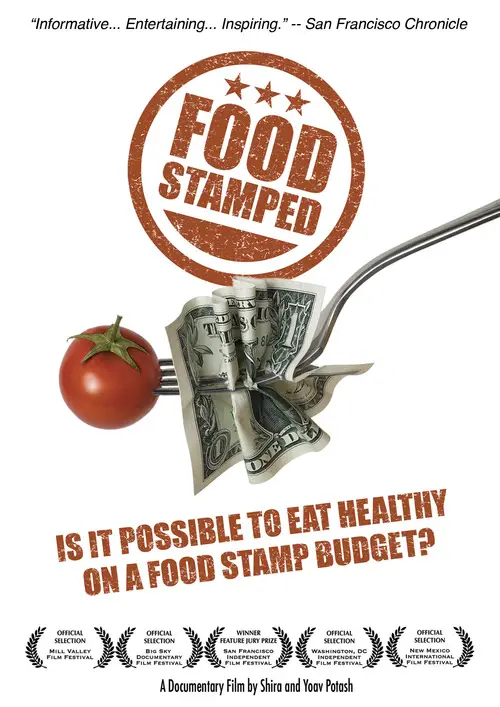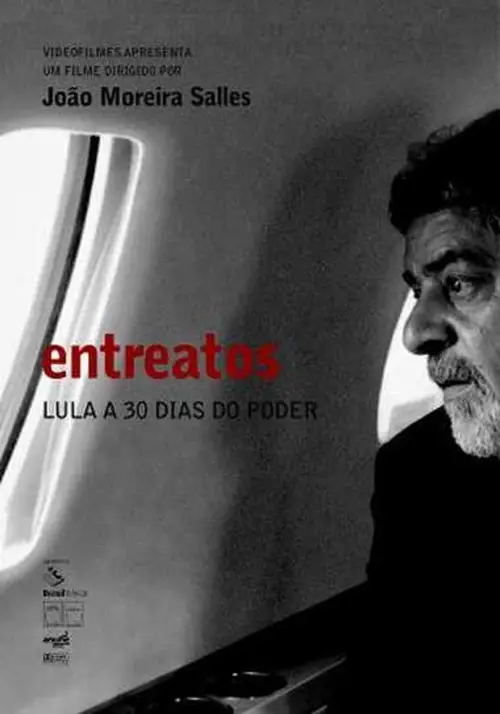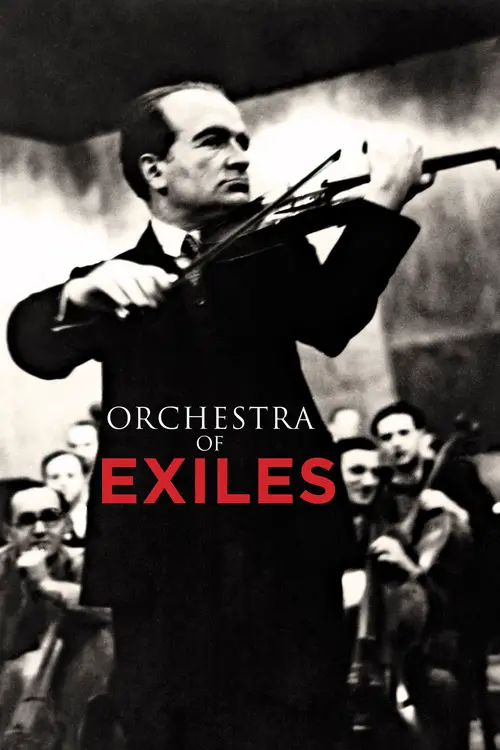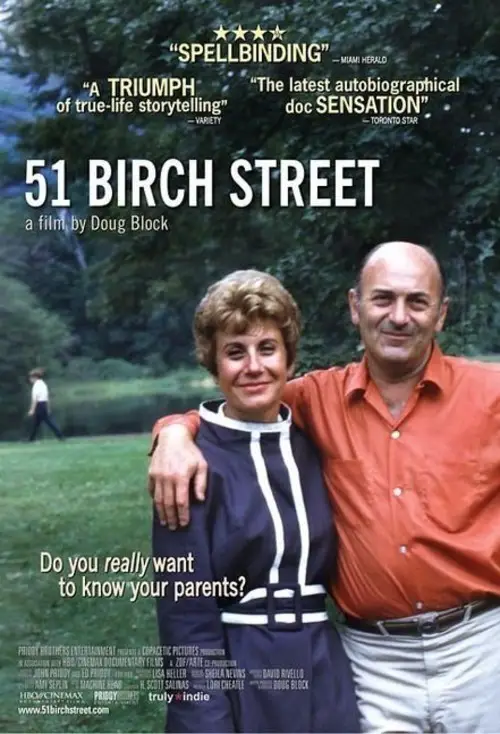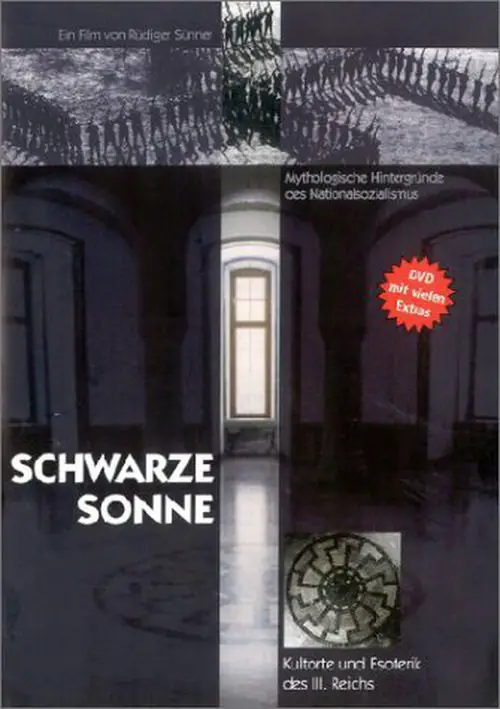The Decline of the Century: Testament L.Z. (1994)
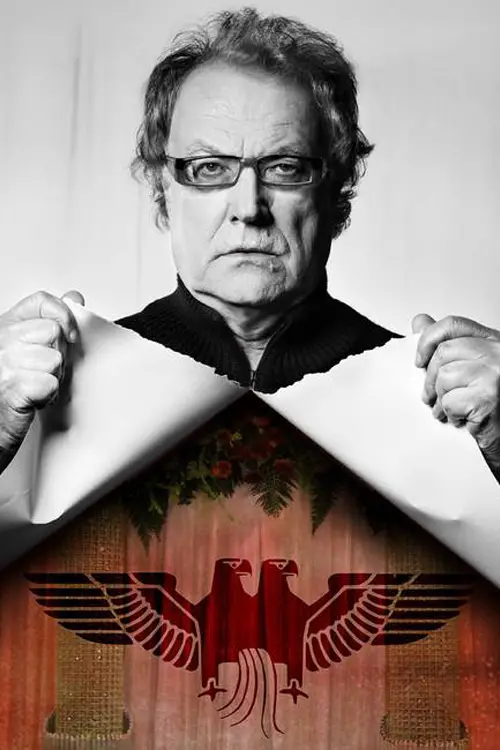
Similar movies
Romm's "Ordinary Fascism" pulls out all the stops in its selection of documentary material to draw the viewer not only into absolute horror about fascism and nazism in the 1920s-1940s Europe, but also to a firmest of convictions that nothing of the sort should be allowed to happen again anywhere in the world.
A subjective documentary that explores the numerous theories about the hidden meanings within Stanley Kubrick's film The Shining. The film may be over 30 years old but it continues to inspire debate, speculation, and mystery. Five very different points of view are illuminated through voice over, film clips, animation and dramatic reenactments. Together they'll draw the audience into a new maze, one with endless detours and dead ends, many ways in, but no way out.
When Allied forces liberated the Nazi concentration camps in 1944-45, their terrible discoveries were recorded by army and newsreel cameramen, revealing for the first time the full horror of what had happened. Making use of British, Soviet and American footage, the Ministry of Informationâs Sidney Bernstein (later founder of Granada Television) aimed to create a documentary that would provide lasting, undeniable evidence of the Nazisâ unspeakable crimes. He commissioned a wealth of British talent, including editor Stewart McAllister, writer and future cabinet minister Richard Crossman â and, as treatment advisor, his friend Alfred Hitchcock. Yet, despite initial support from the British and US Governments, the film was shelved, and only now, 70 years on, has it been restored and completed by Imperial War Museums.
This is a documentary about an honest search for the truth about the Federal Reserve Bank and the legality of the Internal Revenue System. Through extensive interviews with recognised experts and authority, the director shows an astonishing revelation of how the Federal Government and the Bankers have fooled the American public by taking thier wages and putting it in the pockets of the super-rich.
Five Jewish Hungarians, now U.S. citizens, tell their stories: before March, 1944, when Nazis began to exterminate Hungarian Jews, months in concentration camps, and visiting childhood homes more than 50 years later. An historian, a Sonderkommando, a doctor who experimented on Auschwitz prisoners, and US soldiers who were part of the liberation in April, 1945.
This documentary feature takes an in-depth look at the rapid rise and dramatic fall of New York Governor Eliot Spitzer. Nicknamed "The Sheriff of Wall Street," when he was NY's Attorney General, Eliot Spitzer prosecuted crimes by Americaâs largest financial institutions and some of the most powerful executives in the country. After his election as Governor, with the largest margin in the state's history, many believed Spitzer was on his way to becoming the nation's first Jewish President. Then, shockingly, Spitzerâs meteoric rise turned into a precipitous fall when the New York Times revealed that Spitzer - the paragon of rectitude - had been caught seeing prostitutes.
FOREIGNERS OUT! SCHLINGENSIEFS CONTAINER is a thrilling, insightful, funny chronicle and reflection of one of he biggest public pranks and acts of art terrorism ever committed. Austria 2000: Right after the FPà under Jörg Haider had become part of the government, the first time an extreme right wing party became state officials after WW2, infamous German shock director Christoph Schlingensief showed a very unique form of protest. Realising public xenophobia and the new hate politics in the most drastic ways possible, he installed a public concentration camp right in the middle of Vienna's touristic heart, right beside the picturesque opera where hundreds of tourists and locals pass by daily. And it was no concentration camp you had ever feared to return from the old times, but one that cynically reflected our new multimedia culture. Satirising reality TV shows, "Big Brother" especially, a dozen asylum seekers were surveilled by a multitude of cameras, could be fed and watched by.
This historical and critical look at slasher films, which includes dozens of clips, begins with "Halloween," "Friday the 13th," and "Prom Night." The films' directors, writers, producers, and special effects creators comment on the films' making and success. During the Reagan years, the films get gorier, budgets get smaller, and their appeal wanes. Then, "Nightmare on Elm Street" revives the genre. Jump to the late 90s, when "Scream" brings humor and TV stars into the mix. Although some criticize the genre as misogynistic (Siskel and Ebert), most of the talking heads celebrate the films: as long as there are teenagers, there will be slasher films, says one.
Hailing from Denver Colorado, this group of underdogs ascended to become both adored and despised for their nine albums and almost 1000 live performances. Riding the fence between a Christian fad and a secular phenomenon, Five Iron Frenzy never quite belonged in either world. This is the story of how nine people rose to have one of the greatest cult followings of any band in recent history, and of their subsequent demise. More fun than a piñata full of pork and beans - the rise and fall of Five Iron Frenzy.
Four volume documentary set ("Adolf Hitler", "The SS Blood and Soil", "The Enigma of the Swastika", and "Himmler The Mystic") containing mainly B&W as well as some color archival footage, with narration explaining the influences of alternative belief systems (occult, paganism, mysticism, etc) on the Nazi ideology and Hitler's personal philosophy. Also documents the history and development of the ideas and symbols that would be used along with eugenicist racial politics to perpetrate the murder and oppression of millions during World War II.
Chronicling the search for truth and peace in post-genocide Rwanda. Director Deborah Scranton explores issues of peace, retribution, accountability and justice, ultimately discovering a blueprint for ending the cycle of violence. Examining the personal and political repercussions of the deadly conflict in this east African country.
This documentary recounts the life and work of one of most famous, and yet reviled, German film directors in history, Leni Riefenstahl. The film recounts the rise of her career from a dancer, to a movie actor to the most important film director in Nazi Germany who directed such famous propaganda films as Triumph of the Will and Olympiad. The film also explores her later activities after Nazi Germany's defeat in 1945 and her disgrace for being so associated with it which includes her amazingly active life over the age of 90.
Kon Ichikawa documents the 1964 Summer Olympics in Tokyo. Like Leni Riefenstahl's Olympia, which documented the 1936 Summer Olympics in Berlin, Ichikawa's film was considered a milestone in documentary filmmaking. However, Tokyo Olympiad keeps its focus more on the atmosphere of the games and the human side of the athletes instead of concentrating only on the winners and the results.
The film is a sort of presentation of Franco Fortini's book 'I Cani del Sinai'. Fortini, an Italian Jew, reads excerpts from the book about his alienation from Judaism and from the social relations around him, the rise of Fascism in Italy, the anti-Arab attitude of European culture. The images, mostly a series of Italian landscape shots, provide a backdrop that highlights the meaning of the text. - Fabrizio Sabidussi
A documentary on the once promising American rock bands The Brian Jonestown Massacre and The Dandy Warhols. The friendship between respective founders, Anton Newcombe and Courtney Taylor, escalated into bitter rivalry as the Dandy Warhols garnered major international success while the Brian Jonestown Massacre imploded in a haze of drugs.
As Australian cinema broke through to international audiences in the 1970s through respected art house films like Peter Weir's "Picnic At Hanging Rock," a new underground of low-budget exploitation filmmakers were turning out considerably less highbrow fare. Documentary filmmaker Mark Hartley explores this unbridled era of sex and violence, complete with clips from some of the scene's most outrageous flicks and interviews with the renegade filmmakers themselves.
This acclaimed documentary follows the story of six people who are determined to end the sufferings in Sudan's war-ravaged Darfur. The six - an American activist, an international prosecutor, a Sudanese rebel, a sheikh, a leader of the World Food Program and an internationally known actor - demonstrate the power of how one individual can create extraordinary changes.
Unlike the films "World Trade Center" and "United 93", which are dramatizations of the events of September 11, this is an on-the-scene documentary following the events of September 11 from an insider's view, through the lens of two French filmmakers who were in Manhattan on that fateful day. Filmmakers James Hanlon and Jules and Gedeon Naudet were filming a documentary about a rookie New York City firefighter when they noticed a plane fly overhead and hit the World Trade Center. Being with those firefighters who where the first to respond to the tragedy, James Hanlon and the Naudets accompanied them and continued filming from the firemen's perspective. It later became known that their presence allowed them to capture the only known footage of the first plane strike, and from inside the Twin Towers.
Six decades after the Nazis systematically exterminated millions of Jews, Holocaust scholar Daniel Goldhagen returns to Europe to examine the roots of genocide and the reasons behind its continuing occurrence. Along the way, he gathers stories from survivors, eyewitnesses, participants and political figures who shed light on genocide's disastrous effects and offer insights for preventing its repetition.
From the explorers / filmmakers of Amazon Trek and Whales of Atlantis Join two men on their expeditions to new frontiers, from the Abyss to Outer Space... Explorers takes off from the compelling visions imagined by one of the worlds most widely read novelists, pioneer science-fiction writer Jules Verne, author of 20,000 Leagues under the Sea and From the Earth to the Moon. Discover the unbelievable journeys of two legendary explorers: Buzz Aldrin, who, along with Neil Armstrong, became the first men to set foot on the Moon during the Apollo 11 Mission; and James Cameron, multiple Academy Award winning filmmaker, who since completing his epic movie Titanic, has undertaken the exploration of the oceans mysteries utilizing revolutionary submarines and 3D cameras of his own design. Jean-Jules Verne opens his great-grandfathers novels and sends us on our journey with two men who actualize the fantastic dreams of Jules Verne.
On May 24, 2000, the historic Ryman Auditorium was booked to offer Nashvillians an evening of sublime beauty. Label executives and soundtrack producers so loved the music of O Brother, Where Art Thou? that they brought it to life as a benefit concert for the Country Music Hall of Fame. Filmmakers Joel and Ethan Coen loved it so much that they hired famed documentary filmmaker D.A. Pennebaker to record the show for posterity. The concert that unfolded that night was one of the greatest musical moments in the annals of Music City. Performers: John Hartford, Alison Krauss, Emmylou Harris, Gillian Welch, Chris Thomas King, The Cox Family, Fairfield Four, Union Station, Colin Linden, The Nashville Bluegrass Band, The Peasall Sisters, Ralph Stanley, David Rawlings, The Whites.
Billy Yeager produces films, has written and recorded over 2400 songs and has been discovered many times by several well known artist. Turning his back on the music and film industry, Yeager retreats into the Mojave Desert to make his films and create his music. Collectors from all over the world search for the lost recordings of Billy Yeager. He threw away over 1400 recorded songs in 2001 and now his record albums, handmade CDs and cassette tapes sell for some of the highest prices listed on "on-line auctions". The extremely rare "Jaco Pastorius / Billy Yeager" recordings are also highly sought after, but if it can't change the world, the artist wants no part of it. Yeager is not interested in money and fame; the filmmakers find him in the desert.
Coexist tells the emotional stories of women who survived the Rwandan genocide in 1994. They continue to cope with the loss of their families as the killers who created this trauma return from jail back to the villages where they once lived. Faced with these perpetrators on a daily basis, the victims must decide whether they can forgive them or not. Their decisions are unfathomable to many, and speak to a humanity that has survived the worst violence imaginable.
For nearly five years, acclaimed German filmmaker Werner Herzog desperately tried to complete one of the most ambitious and difficult films of his career, Fitzcarraldo, the story of one manâs attempt to build an opera house deep in the Amazon jungle. Documentary filmmaker Les Blank captured the unfolding of this production, made more perilous by Herzogâs determination to shoot the most daunting scenes without models or special effects, including a sequence requiring hundreds of native Indians to pull a full-size, 320-ton steamship over a small mountain. The result is an extraordinary document of the filmmaking process and a unique look into the single-minded mission of one of cinemaâs most fearless directors.
Their family name alone evokes horror: Himmler, Frank, Goering, Hoess. This film looks at the descendants of the most powerful figures in the Nazi regime: men and women who were left a legacy that indelibly associates them with one of the greatest abominations in history. What is it like to have grown up with a name that immediately raises images of genocide? How do they live with the weight of their ancestors' crimes? Is it possible to move on from the crimes of their ancestors?
Documentary filmmaker Robert Kenner examines how mammoth corporations have taken over all aspects of the food chain in the United States, from the farms where our food is grown to the chain restaurants and supermarkets where it's sold. Narrated by author and activist Eric Schlosser, the film features interviews with average Americans about their dietary habits, commentary from food experts like Michael Pollan and unsettling footage shot inside large-scale animal processing plants.
Harry Penderecki, a once heralded horror auteur, finds himself on the outside looking in at Hollywood. He hasn't had a hit film in years, and most in the industry, including his close friends, think he's washed up. Harry is given one last chance to redeem himself with what could be his best or last picture. Brutal Massacre becomes just that, as the cast and crew find themselves battling one mishap after another as Harry struggles to keep his sanity against overwhelming resistance to finish the picture and find himself at the top once again.
Warcraft III is the most popular real-time strategy computer game, thrilling over 2.5 million North Americans and 10 million people worldwide everyday. The game creates an alternate universe, where players challenge each other with a mythically-charged online world of humans, orcs, the undead, knights, and elves. In Beyond the Game, we meet - in real life and within the game - two of the game's leading figures, known as Grubby and Sky. Acclaimed filmmaker Jos de Putter tracks these Kasparovs of a new generation and a new game across the world all the way to the world championships in Seattle. A fascinating, surprising, and genuinely touching portrait, Beyond the Game is a study of, and participation in, the reformation of our communities in the internet age.
World War II was not just the most destructive conflict in humanity, it was also the greatest theft in history: lives, families, communities, property, culture and heritage were all stolen. The story of Nazi Germany's plundering of Europe's great works of art during World War II and Allied efforts to minimize the damage.
While serving with the African Union, former Marine Capt. Brian Steidle documents the brutal ethnic cleansing occuring in Darfur. Determined that the Western public should know about the atrocities he is witnessing, Steidle contacts New York Times reporter Nicholas Kristof, who publishes some of Steidle's photographic evidence.
Documentary filmmaker Amy Berg investigates the life of 30-year pedophile Father Oliver O'Grady and exposes the corruption inside the Catholic Church that allowed him to abuse countless children. Victims' stories and a disturbing interview with O'Grady offer a view into the troubled mind of the spiritual leader who moved from parish to parish gaining trust ... all the while betraying so many.
In the year 2000, Les Blank, along with co-filmmaker Gina Leibrecht, visited Richard Leacock (1921-2011) at his farm in Normandy, France and recorded conversations with him about his life, his work, and his other passion: cooking! With the flair of a seasoned raconteur, Leacock recounts key moments in his seventy years as a filmmaker and the innovations that he, D.A. Pennebaker, Albert Maysles and others invented that revolutionized documentary filmmaking, and explores the mystery of creativity. With the passing of both Blank and Leacock, the documentary is a moving insight into the lives of two seminal figures in the history of film.
How could a civilization that mastered the planet suddenly Collapse? Inspired by the New York Times best-selling book "Collapse: How Societies Choose to Fail or Succeed", NGC time travels 200 years into the future to see what the world would look like after civilization as we know it collapsed. Guided by author Jared Diamond, we'll piece together the remarkable story of what on earth triggered our decline.
Food Stamped is an informative and humorous documentary film following a couple as they attempt to eat a healthy, well-balanced diet on a food stamp budget. Nutrition educator Shira Potash teaches nutrition-based cooking classes to elementary school students in low-income neighborhoods, most of whom are eligible for food stamps. In an attempt to walk a mile in their shoes, Shira and her documentary filmmaker husband embark on the food stamp challenge where they eat on roughly one dollar per meal. Along the way, they consult with food justice activists, nutrition experts, politicians, and ordinary people living on food stamps, all in order to take a deep look at the struggles low-income Americans face every day while trying to put three-square meals on the table.
João Moreira Salles, perhaps the finest documentary filmmaker of his generation, had complete access to Lula during the hectic 2002 campaign season. Salles fills his film with intimate behind-the-scenes footage of the campaign trail, focusing on the âintermissionsâ between the big public events that dominate campaign coverage. Lulaâs candor and charisma comes across whether heâs bantering at his regular barbershop or debating with his campaign team on a cramped private plane. Intermissions not only provides great insight into one of the most fascinating world leaders of our timeâEsquire named him âone of the most influential people of the 21st centuryââbut it ranks alongside The War Room as one of the most perceptive and candid political documentaries ever. -Description via Wexner Center Film/Video
Taking Liberties Since 1997is a documentary film about the erosion of civil liberties in the United Kingdom and increase of surveillance under the government of Tony Blair. It was released in the UK on 8th June 2007. The director, Chris Atkins, said on 1 May that he wanted to expose "the Orwellian state" that now threatened Britain as a result of Mr Blair's policies.
Documentary filmmaker Doug Block had every reason to believe his parents' 54-year marriage was a good one. But when his mother dies unexpectedly and his father swiftly marries his former secretary, he discovers two parents who are far more complex and troubled than he ever imagined. 51 Birch Street is a riveting personal documentary that explores a universal human question: how much about your parents do you really want to know?
A historical analysis of how groups such as the Naziâs may use language, symbols, and religious connotation in order to come to power. It raises questions that deserve in depth analysis and consideration. Questions include: Where do legends expand our thinking and where do they bury it? When does spiritual pursuit suddenly turn into fanaticism and violence? Last, have we as a society learned from our past, and if so have forgotten the lessons of the 20th Century? Are we now embarking on a new level only to learn the same old lessons about humanity again? In addressing these questions we are taken into the back drop of the history of Germany beginning in the late 1800âs through the late 20th Century at the eve of the 21st. âA society that does not take archetypes, myths, and symbols seriously will possibly be jumped by them from behind.â
A documentary filmmaker goes on a 52-day journey to find evidence supporting the effectiveness of the Gerson Therapy -- a long-suppressed natural cancer cure. His travels take him from Alaska to Mexico with stops in San Diego, New York, Japan, Holland and Spain. In the end, he presents the testimonies of patients, scientists, surgeons and nutritionists who testify to the therapy s efficacy in curing cancer and other degenerative diseases, and presents the hard scientific proof to back up their claims. Testimonies include: a Japanese medical school professor who cured himself of liver cancer over 15 years ago, a lymphoma patient who was diagnosed as terminal over 50 years ago as well as from noted critics of this world-renowned healing method who dismiss it out of hand as pure quackery. So the question that remains is, Why is this powerful curative therapy still suppressed, more than 75 years after it was clearly proven to cure degenerative diseases?
© Valossa 2015–2025
| Privacy Policy
